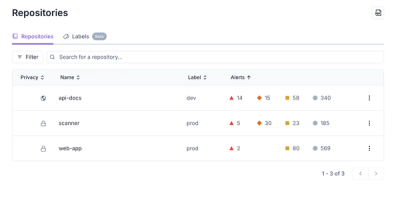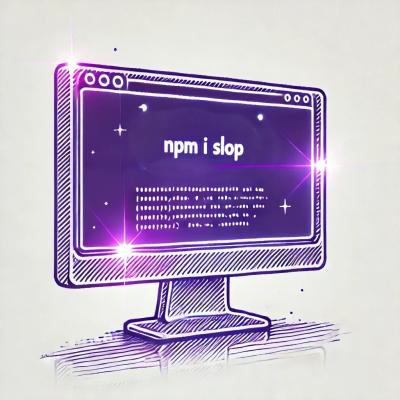
Product
Redesigned Repositories Page: A Faster Way to Prioritize Security Risk
Our redesigned Repositories page adds alert severity, filtering, and tabs for faster triage and clearer insights across all your projects.
is-url-http
Advanced tools
Check if an URL is a valid HTTP URL.
$ npm install is-url-http --save
const isUrlHttp = require('is-url-http')
isUrlHttp('https://kikobeats.com') // ==> true
isUrlHttp('https://kikobeats.com') // ==> true
isUrlHttp('mailto://kiko@beats.com') // ==> false
isUrlHttp('callto:192.168.103.77+type=ip') // ==> false
If you need to run the package in a browser environment, you can save some bytes using the lightweight version:
const isUrlHttp = require('is-url-http/lightweight')
isUrlHttp('https://kikobeats.com') // ==> true
isUrlHttp('https://kikobeats.com') // ==> true
isUrlHttp('mailto://kiko@beats.com') // ==> false
isUrlHttp('callto:192.168.103.77+type=ip') // ==> false
is-url-http © Kiko Beats, released under the MIT License.
Authored and maintained by Kiko Beats with help from contributors.
kikobeats.com · GitHub Kiko Beats · Twitter @Kikobeats
FAQs
Check if an URL is a valid HTTP URL.
The npm package is-url-http receives a total of 3,674 weekly downloads. As such, is-url-http popularity was classified as popular.
We found that is-url-http demonstrated a healthy version release cadence and project activity because the last version was released less than a year ago. It has 0 open source maintainers collaborating on the project.
Did you know?

Socket for GitHub automatically highlights issues in each pull request and monitors the health of all your open source dependencies. Discover the contents of your packages and block harmful activity before you install or update your dependencies.

Product
Our redesigned Repositories page adds alert severity, filtering, and tabs for faster triage and clearer insights across all your projects.

Security News
Slopsquatting is a new supply chain threat where AI-assisted code generators recommend hallucinated packages that attackers register and weaponize.

Security News
Multiple deserialization flaws in PyTorch Lightning could allow remote code execution when loading untrusted model files, affecting versions up to 2.4.0.